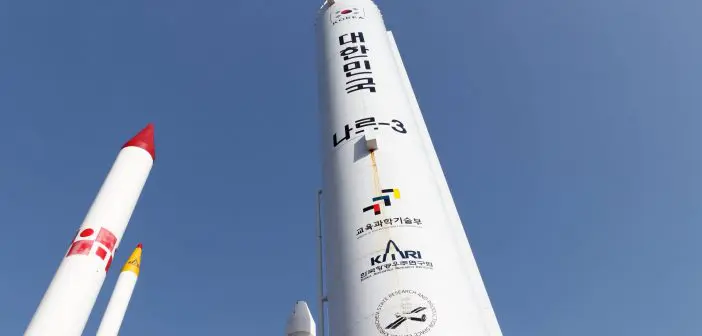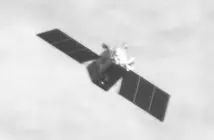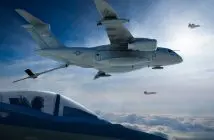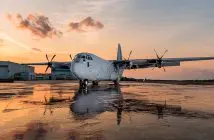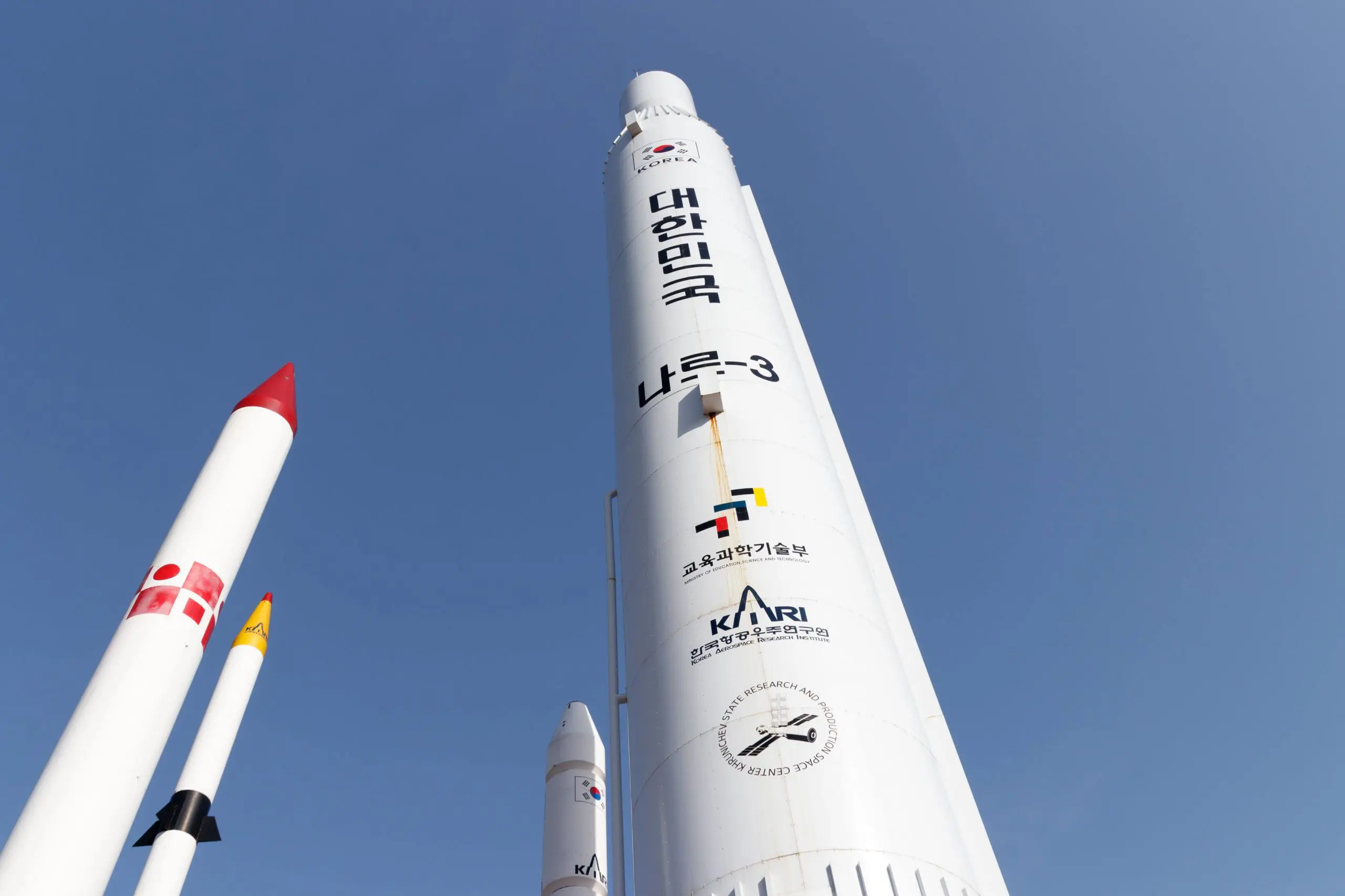
South Korea has become the latest country to establish its own space agency in a bid to boost its sovereign space capabilities. The Korea AeroSpace Administration (KASA) aims to become one of the world’s leading space agencies and help spearhead a push to put a locally manufactured spacecraft onto the Moon by 2032.
Korean President Yoon Suk Yeo confirmed the 2032 Moon target when announcing KASA’s establishment, adding that he wanted to see a South Korean flag planted on Mars in the 2040s. The Moon landing will be a joint venture with defence and aerospace company Hanwha Aerospace.
“KASA will usher in a new space era by cultivating experts while intensively supporting the aerospace industry ecosystem and fostering challenging and innovative R&D,” Yoon said recently.
KASA will oversee space policy and promote Korean private sector space-related enterprises. The government is budgeting to spend KRW100 trillion won (AUD108.4 billion) on space between now and putting that flag on Mars.
Among KASA’s first ventures will be working with local space company Perigee Aerospace. They plan to conduct a test launch of their Blue Whale 1 two-stage orbital launch vehicle from the Naro Space Center on Jeju Island within the next few months.
South Korea is among only a handful of countries that possess a proven sovereign launch capability. Most recently, in 2023, it used its three-stage Nuri rocket to carry satellites into orbit. Several more commercial and military launches are planned over the next few years.
“(KASA) will serve as the nation’s dedicated organization for aerospace, expanding and strengthening its functions not only in policy and research and development but also in industrial development and international cooperation,” reads a statement from the agency. “The chairperson of the National Space Committee will be elevated to the (Korean) President (currently the Prime Minister), and KASA will serve as a secretariat while playing a role as the control tower for aerospace.”
South Korea joins a list of Asian nations making their presence felt in the space sector and having high-profile space agencies, including India’s Space Research Organisation (ISRO), Japan’s Aerospace Exploration Agency (JAXA), and China’s National Space Administration (CNSA). Smaller space countries in the region, including Singapore, Malaysia, and Indonesia, are also beginning to make some space noise.
Meanwhile, KASA was invited to the UN Conference on Sustainable Lunar Activities last week, hosted by the UN Office of Outer Space Affairs in Vienna, one of only 13 countries to make the invite list. KASA Missions Deputy Administrator and ex-NASA employee John Lee was at the event and said the country’s new space agency would “actively participate in activities to set international standards for sustainable lunar activities.”
“I have been thinking about how we can apply the best traits of NASA to KASA,” Lee said in May when the Korean government announced his appointment. “We cannot do it the same way as NASA does. We have to figure out how to adapt it to Korean society. But because we are starting new, I believe it’s an opportunity. I think Korea can be a world-class space player if we work in the same direction.”

